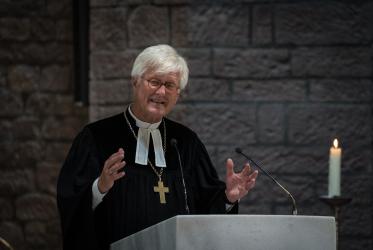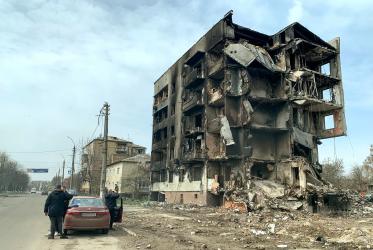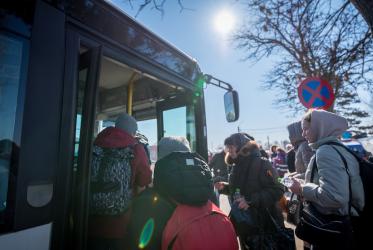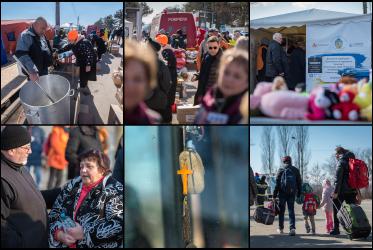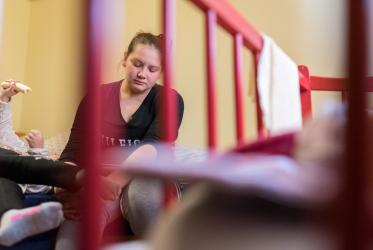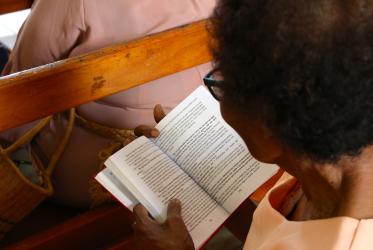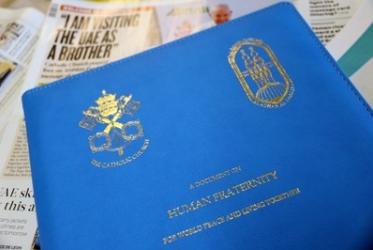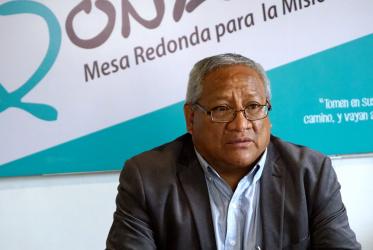Displaying 1 - 20 of 31
Migrants in Argentina find listening ears and open hearts
04 November 2022
Ukraine: Responding to humanitarian need
08 September 2022
WCC stands in solidarity with victims of major flood in Brazil
17 February 2022
New student body at Bossey Ecumenical Institute “a source of joy”
14 September 2020
“Pray at home” an ecumenical call in Brazil
09 April 2020

